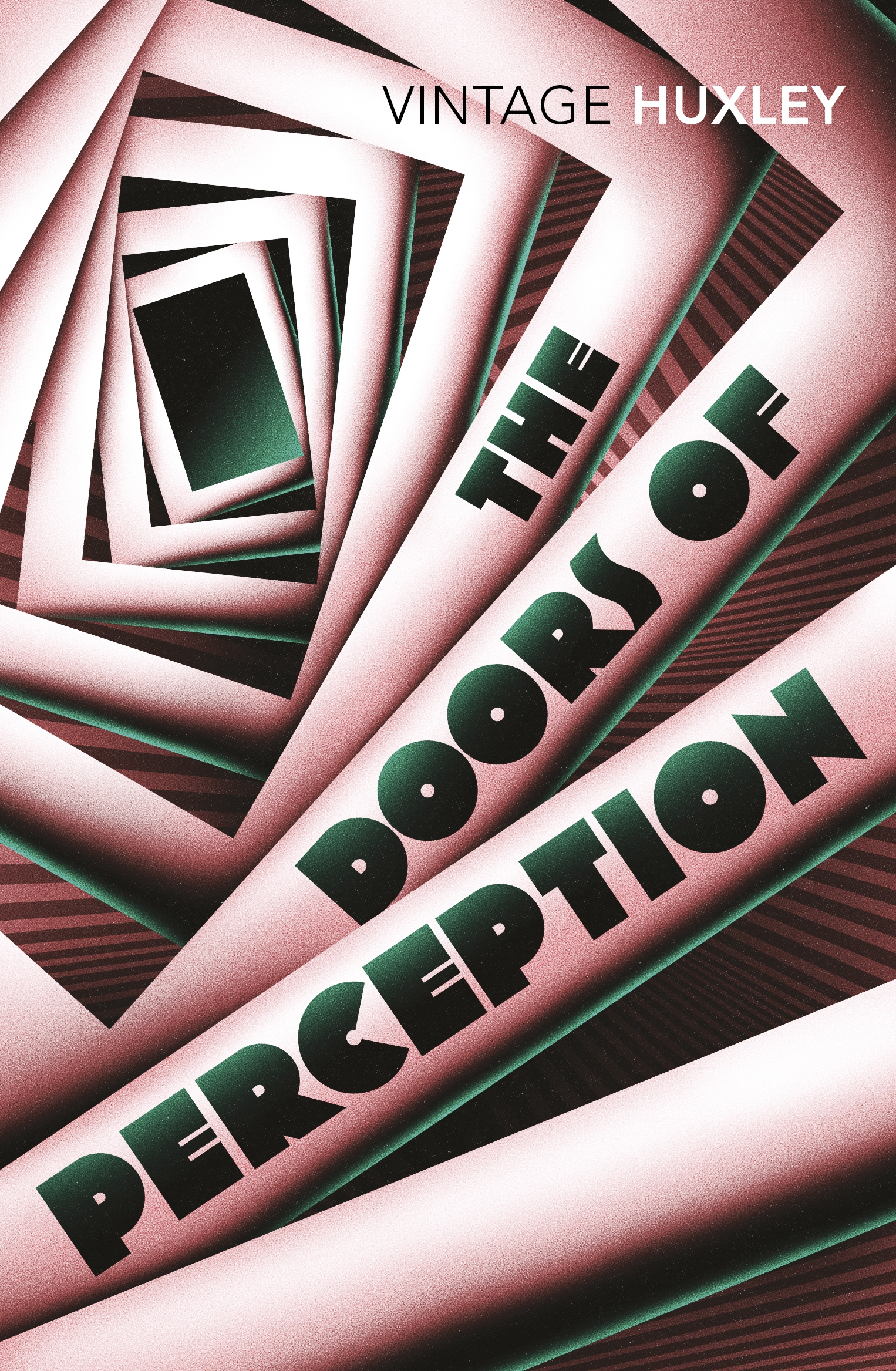Door of Perception
October 17, 2025

I like it. It’s by the author who wrote Brave New World, and it’s about his experience with the psychedelic drug mescaline and his attempt to make sense of that experience. Though I will say, to fully appreciate it, there are quite a few prerequisites one should be familiar with, such as having done psychedelics, Kant’s ontology (das Ding an sich), Meister Eckhart, Buddhism (e.g. “suchness”), and, especially for the second half (Heaven and Hell), art, paintings, and literature.
Maybe a bit about the connection between Heidegger and Huxley. For Heidegger, the world we encounter is already inherently meaningful. We do not first perceive an object and then assign meaning to it; rather, meaning is already embedded within it. A hammer, for instance, is not merely a stick with a head made of steel; it is something to nail with, a part of our toolbox and our practical world. Thus, for Heidegger, the problem with modern ontology is that meaning does not arise from detached observation, but from being-in-the-world. Our normal, everyday way of perceiving is already meaningful.
For Huxley, under the influence of mescaline, the opposite happens. Instead of meaning arising from objects through their associations, lived experience, and utility (that is, through being-in-the-world) meaning arises intrinsically from the thing itself.
Under mescaline, Huxley stops seeing things as practical entities within the network of everyday use and begins to see their is-ness (as Meister Eckhart would say), their sheer being and beauty. Space and time fall away, because they are part of the conceptual grid through which we usually understand the world. He experiences pure perception, without the interpretive framework of ordinary Dasein.
